2023 Jun 15
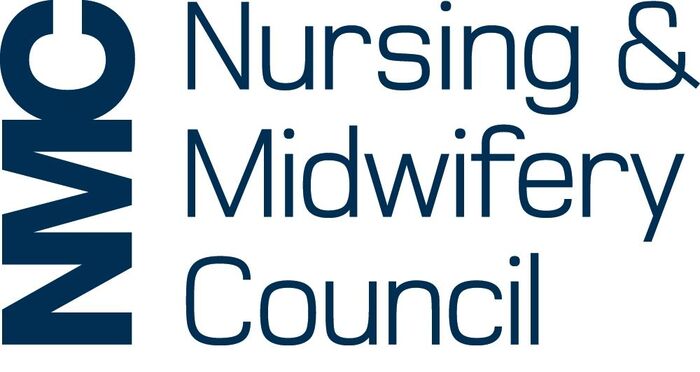
Nursing and Midwifery Council (NMC): Regulating Nursing Practice for International Opportunities
Requirements for NMC Registration:
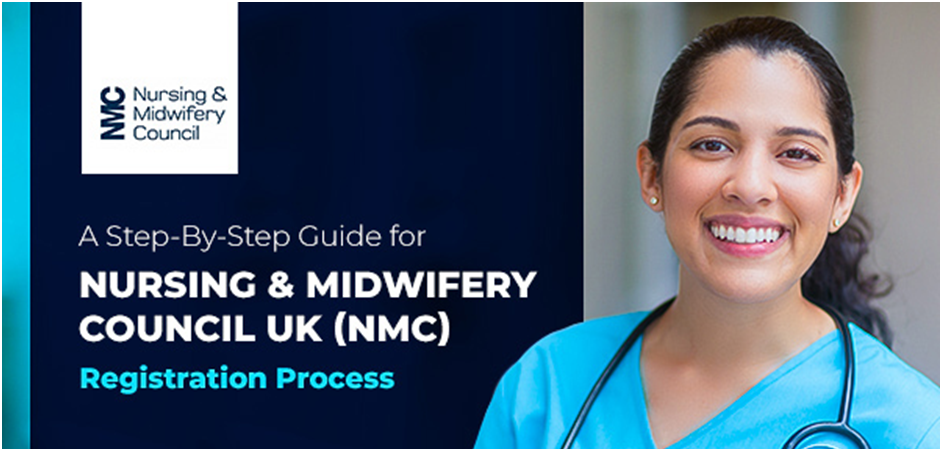
NMC registration is a necessary step for nurses who want to work in the United Kingdom. To become registered with the NMC, there are a few important requirements to fulfill.
Nursing Qualification: You must have completed an approved nursing program in your home country. The NMC assesses the education you received to ensure it meets their standards.
Language Proficiency: Good communication is vital in nursing. You need to demonstrate English language proficiency by passing the International English Language Testing System (IELTS) or the Occupational English Test (OET). These exams assess your ability to understand and use English in a professional healthcare setting.
Health Check: Your health plays a crucial role in your ability to provide safe and effective care. You'll need to undergo a health check to ensure you are physically and mentally fit to work as a nurse.
Character References: You will be required to provide character references, usually from your previous employers or educational institutions, to attest to your good character and suitability for nursing practice.
Declaration and Fees: You must declare any criminal convictions or disciplinary actions taken against you. There is also an application fee that needs to be paid to process your registration.
Once you have met these requirements, you can begin the NMC registration process. It's essential to carefully follow the guidelines provided by the NMC and provide all the necessary documentation to ensure a smooth registration process.
Eligibility Criteria for NMC Registration: What Nurses Need to Know

If you're a nurse planning to work in the United Kingdom, it's important to understand the eligibility criteria for NMC (Nursing and Midwifery Council) registration. Here's what you need to know in simple language:
· To be eligible for NMC registration, you must have completed a nursing program that meets the NMC's standards.
· You'll also need to demonstrate your English language proficiency by passing exams like IELTS or OET.
· Your health will be assessed to ensure you're fit for nursing practice, and you'll need to provide character references.
· Additionally, you must declare any criminal convictions or disciplinary actions.
· Following these criteria and paying the required fees will set you on the path to NMC registration, allowing you to pursue your nursing career in the UK.
Educational Qualifications and Language Proficiency for NMC Registration
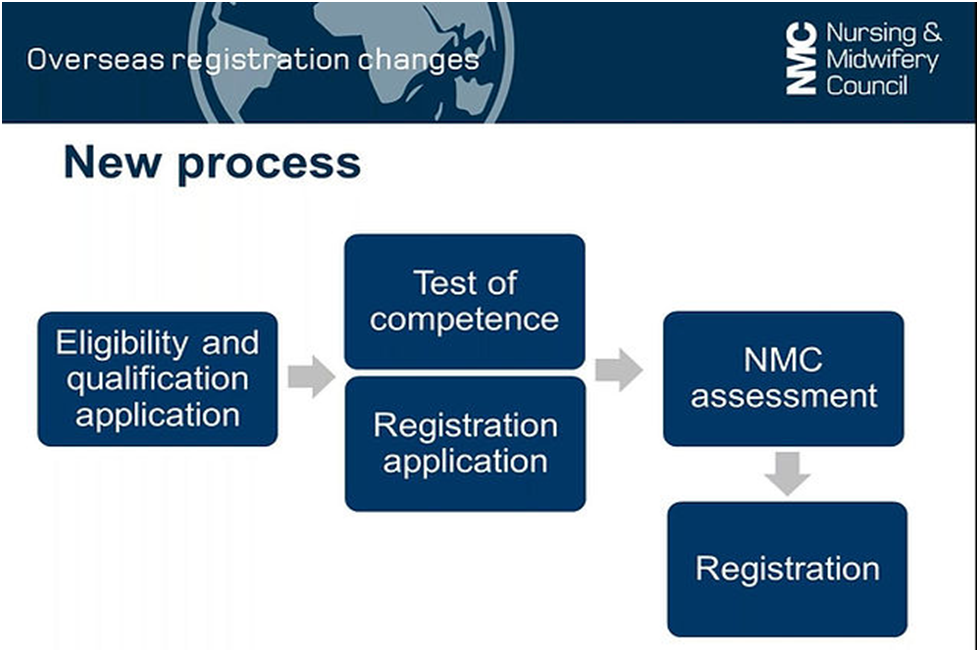
Educational Qualifications: To be eligible for NMCregistration, nurses must have completed a nursing program that meets the NMCs standards. This ensures that nurses have received the necessary education and training to provide safe and effective care to patients.
Language Proficiency:
Nurses need to demonstrate their proficiency in the English language to ensure effective communication with patients and colleagues. The NMC requires nurses to pass recognized language proficiency tests, such as IELTS or OET. These tests assess skills in reading, writing, speaking, and listening, ensuring that nurses can communicate confidently in English.
NMC Code of Conduct and Professional Standards:

Nurses seeking NMC registration must also adhere to the NMC Code of Conduct and Professional Standards. This code outlines the professional values, behaviors, and expectations that nurses should uphold in their practice. It covers areas like respect, dignity, confidentiality, and professional accountability.
Meeting these requirements in terms of educational qualifications, language proficiency, and adherence to the NMC Code of Conduct and Professional Standards is essential for nurses aspiring to be NMC-registered professionals.
NMC Code of Conduct: Guiding Principles for Nursing Practice Abroad
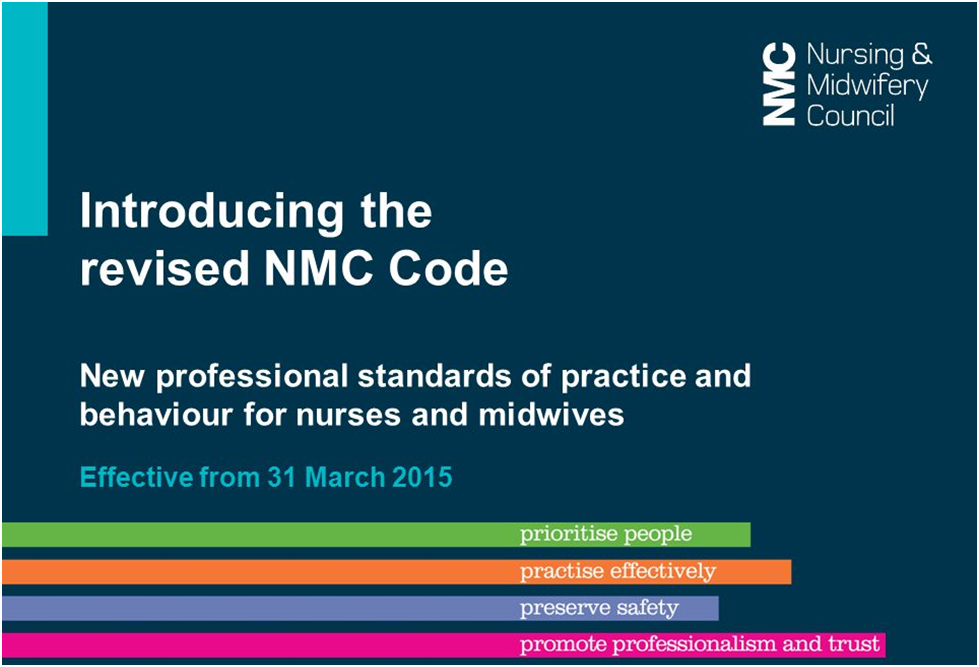
The NMC Code of Conduct serves as a set of guiding principles for nursing practice, both in the UK and abroad. It outlines the standards and behaviors expected of nurses to ensure safe, compassionate, and effective care.
The Code emphasizes the importance of treating patients with dignity, respecting their rights, and maintaining their confidentiality. It also emphasizes the need for nurses to continuously develop their knowledge and skills, stay honest and trustworthy, and work collaboratively with colleagues to provide the best care possible.
By following the NMC Code of Conduct, nurses can uphold professional standards and contribute to positive health outcomes for patients, regardless of where they practice.
Ensuring Patient Safety and Quality Care: Adhering to the NMC Code of Conduct
Competency-based Assessment:

Competency-based Assessment (CBA) is a process used to evaluate the skills and knowledge of overseas nurses seeking registration with the Nursing and Midwifery Council (NMC). It involves several stages to ensure that nurses meet the required standards of practice.

One of the key stages is the Objective Structured Clinical Examination (OSCE), where nurses are assessed on their practical skills in simulated clinical scenarios. To succeed in the CBA, it is crucial for nurses to prepare thoroughly by reviewing clinical guidelines, practicing essential skills, and seeking support from mentors or study groups. By understanding the CBA process and dedicating time to preparation, nurses can increase their chances of successfully meeting the competencies required for NMC registration.
Tips for Success in the NMC Objective Structured Clinical Examination (OSCE)

· Familiarize yourself with the OSCE format and assessment criteria.
· Understand the expectations for each station and practice similar scenarios beforehand.
· Develop excellent communication skills to interact effectively with patients.
· Listen attentively, ask relevant questions, and provide clear explanations.
· Prioritize time management during the exam, allocating sufficient time for each task.
· Practice clinical skills regularly, including basic procedures and equipment handling.
· Stay calm and confident on the day of the exam.
· Remember to breathe, think through each scenario carefully, and showcase your competence with professionalism.
Understanding the NMC Guidelines for Overseas Jobs:
NMC Guidelines for Overseas Nurses: Work Visa Requirements and Beyond
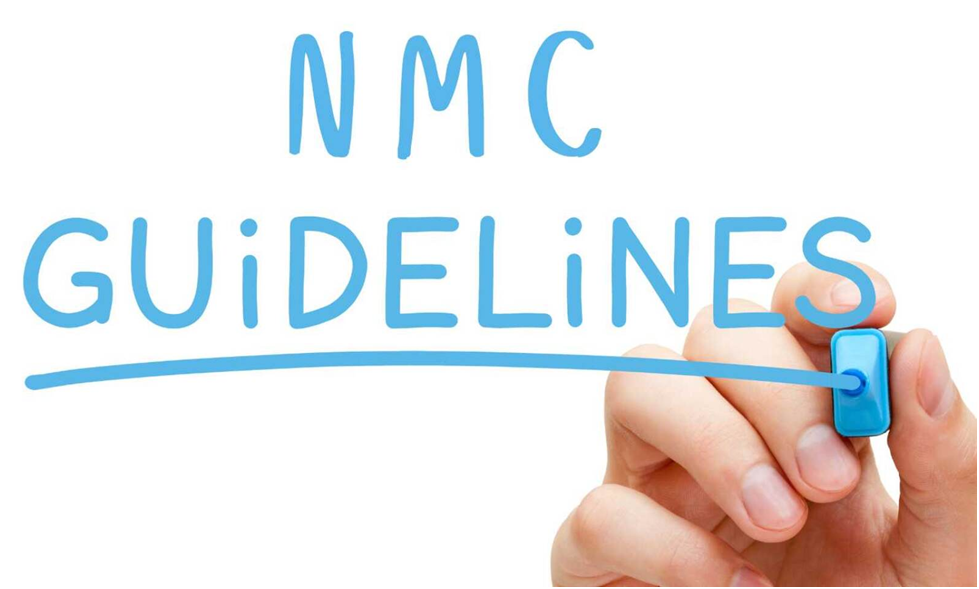
The NMC Guidelines for Overseas Nurses encompass various aspects, including work visa requirements and more. Understanding these guidelines is crucial for nurses planning to work abroad. Work visa requirements differ between countries, and nurses must ensure they meet the specific criteria for obtaining a work visa in their desired destination.
Beyond work visa requirements, the NMC guidelines cover a range of important considerations. These include registration and licensing processes, language proficiency requirements, and compliance with the NMC Code of Conduct. It is essential for overseas nurses to be well-informed about these guidelines to navigate the complexities of working in a foreign healthcare system successfully.
By adhering to the NMCGuidelines for Overseas Nurses, nurses can ensure they meet the necessary requirements, secure proper documentation, and embark on a fulfilling career abroad, providing quality care and making a positive impact in their chosen healthcare setting.
Navigating Recruitment Agencies and Ethical Considerations for Overseas Nursing Jobs

When it comes to pursuing overseas nursing jobs, navigating recruitment agencies and considering ethical aspects are essential. Recruitment agencies play a significant role in connecting nurses with job opportunities abroad. It is crucial to research and choose reputable agencies that follow ethical practices, prioritize candidate welfare, and adhere to legal and regulatory requirements.
Ethical considerations involve evaluating job offers based on fair compensation, working conditions, and patient care standards. Nurses should ensure they have a comprehensive understanding of their contractual obligations, including work hours, benefits, and professional responsibilities. Upholding ethical principles promotes a positive working environment and ensures the delivery of quality healthcare.
By carefully navigating recruitment agencies and considering ethical factors, nurses can make informed decisions, safeguard their interests, and embark on rewarding overseas nursing careers that align with their values and aspirations.
Support and Resources for Overseas Nurses:

Support Systems for Overseas Nurses: Professional Networks and Mentorship Programs
Support systems play a crucial role in the success and well-being of overseas nurses. Professional networks and mentorship programs provide valuable guidance, resources, and encouragement. Joining professional networks allows nurses to connect with peers, exchange knowledge, and stay updated on industry trends. These networks foster a sense of belonging and provide a platform for collaboration and professional growth.
Mentorship programs pair experienced nurses with newly arrived overseas nurses, offering guidance, support, and mentorship throughout their transition and integration process. Mentors provide valuable insights, help navigate challenges, and offer career advice. These support systems not only enhance professional development but also promote cultural understanding and create a supportive community for overseas nurses.
Continuous Professional Development for International Nurses: Resources and Opportunities

Continuous Professional Development (CPD) plays a crucial role in the growth and success of international nurses. It refers to the ongoing learning and skill enhancement beyond initial qualifications. Various resources and opportunities are available to support CPD for international nurses. These include attending conferences, workshops, and webinars related to nursing practice and advancements.
Online platforms and educational websites offer courses and modules specifically designed for professional development. Joining nursing associations and organizations provides access to networking opportunities and educational resources.
Furthermore, engaging in reflective practice, participating in clinical supervision, and seeking feedback from colleagues and mentors contribute to continuous learning. Embracing CPD ensures that international nurses stay updated with best practices and deliver high-quality care in an ever-evolving healthcare landscape.